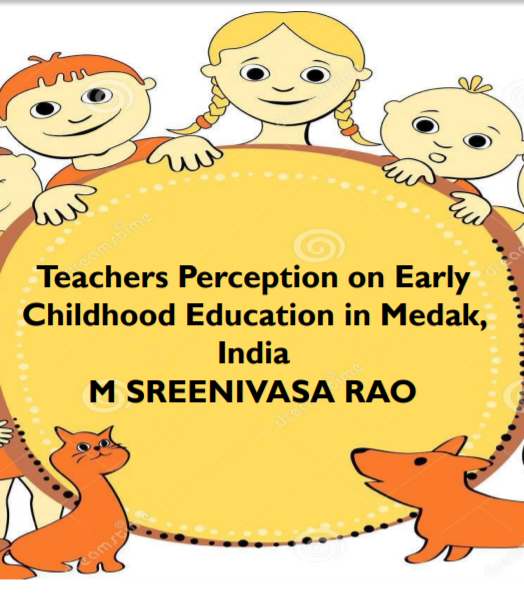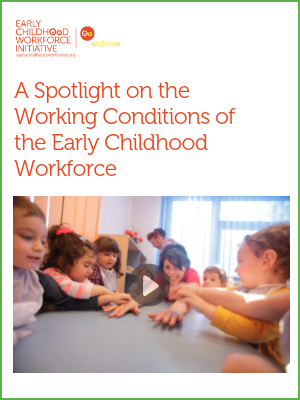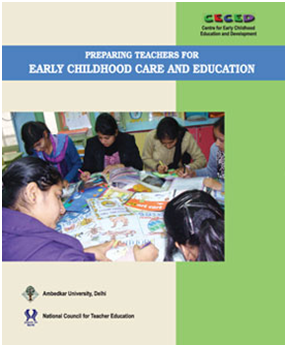Summary:
In many countries around the world, the early childhood workforce often experiences poor recognition for their work which translates to lower wages and qualifications, fewer opportunities for career development and inadequate professional development, in comparison with other professionals working to support older children and adults.
Recently, the Early Childhood Workforce Initiative conducted key informant interviews in 15 countries to understand country priorities and challenges, as well as promising approaches to supporting the early childhood workforce. The recruitment and retention of staff and volunteers as well as working conditions were among the major challenges surfaced in those conversations.
The webinar will address the following questions pertaining to the theme:
- What working conditions do members of the early childhood workforce face?
- To what extent are challenging working conditions a barrier in recruiting and retaining the early childhood workforce?
- To what extent do working conditions influence the quality of service delivery?
- What efforts have been taken in different countries to improve the working conditions of various categories of early childhood workers?
- How do countries design and implement such efforts in the face of resource constraints?
- What factors can support the introduction of policies to improve working conditions?
- What challenges are encountered in introducing these policies?
This discussion aims to cover different country contexts, and will refer to various categories of professionals and paraprofessionals from different sectors.
This webinar is intended for policymakers and program implementers interested in learning more about the working conditions that members of the early childhood workforce face as well as approaches that have been used to improve them.
Access the recording via the YouTube link below. You may also resources from the webinar, such as reccomended readings from the panel and the webinar slides, here.





